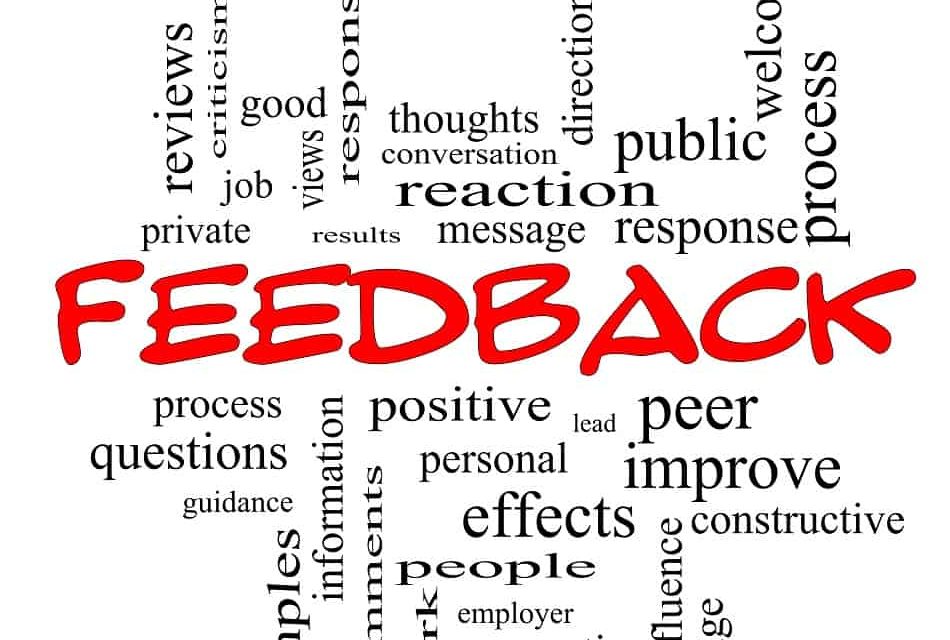Introduction
Receiving journal editor feedback is a crucial step in the academic publishing process. While feedback can cover various aspects of research clarity, methodology, and originality, language problems are among the most common reasons for manuscript revision or rejection.
Language-related feedback often highlights issues such as grammar, syntax, clarity, academic tone, and coherence. Authors, particularly non-native English speakers, may struggle with phrasing, sentence structure, and adherence to journal-specific language guidelines.
This article explores common language problems in journal submissions, how to effectively address an editor’s language feedback, and ways to enhance the linguistic quality of academic writing.
1. Understanding Common Language Problems in Journal Submissions
Journal editors expect manuscripts to be linguistically polished and professionally written. Below are the most frequently cited language issues in editorial feedback:
1.1. Grammatical Errors and Syntax Issues
- Incorrect subject-verb agreement (e.g., “The data shows” vs. “The data show”).
- Misuse of tenses (e.g., mixing past and present tenses inconsistently).
- Sentence fragmentation or run-on sentences affecting readability.
1.2. Lack of Clarity and Coherence
- Ambiguous phrasing that confuses the reader.
- Overly complex sentence structures that hinder comprehension.
- Disorganized argumentation that affects logical flow.
1.3. Inconsistent Academic Tone
- Excessive informality or colloquialisms in scholarly writing.
- Overuse of first-person pronouns (“I” or “we”) in disciplines that discourage it.
- Lack of precision in argumentation and explanation.
1.4. Improper Use of Technical Terminology
- Misuse of discipline-specific vocabulary that leads to ambiguity.
- Overuse of jargon without clear definitions for a broader readership.
1.5. Citation and Formatting Issues
- Improper paraphrasing leading to unintentional plagiarism.
- Non-standard referencing styles that do not comply with journal guidelines.
2. Interpreting the Journal Editor’s Language Feedback
2.1. Types of Language-Related Feedback
- “The manuscript requires significant language revision before acceptance.”
- “Clarity and coherence should be improved to enhance readability.”
- “Consider seeking professional English editing before resubmission.”
These comments indicate that the manuscript needs grammatical corrections, better sentence structuring, and clearer academic writing.
2.2. Assessing the Severity of Language Issues
- Minor language revisions: Fixing grammar, punctuation, or style inconsistencies.
- Moderate issues: Improving clarity, coherence, and sentence structure.
- Major revisions required: Extensive rewriting for fluency and readability.
Authors should evaluate whether they can address the feedback independently or seek professional editing assistance.
3. How to Address Language Problems in Manuscript Revisions
3.1. Self-Editing Strategies for Improving Language Clarity
A. Read the Manuscript Aloud
- Helps detect awkward phrasing and unclear sentences.
- Ensures the paper flows smoothly for the reader.
B. Use Online Grammar and Style Tools
- Tools like Grammarly, Hemingway Editor, and ProWritingAid help catch grammar and syntax mistakes.
- Microsoft Word and Google Docs also offer basic grammar suggestions.
C. Simplify Complex Sentences
- Avoid long, convoluted sentences with multiple clauses.
- Break down ideas into concise, digestible sections.
D. Check for Consistency in Terminology
- Ensure technical terms are used consistently throughout the paper.
- Avoid interchanging synonyms for the same concept in scientific writing.
3.2. Seeking Professional Language Support
If language problems are significant, authors should consider:
A. Working with Professional Proofreading Services
- Services like dissertation-proofreading.com specialize in academic manuscript editing.
- Professional editors ensure grammar, syntax, and readability improvements.
B. Requesting Help from a Native English Speaker or Colleague
- A fluent English-speaking peer can review the manuscript for clarity.
- Collaborating with co-authors fluent in English can help refine academic phrasing.
C. Hiring an Academic Editor Before Resubmission
- Many journals recommend using professional English language editing services.
- Editors improve flow, structure, and adherence to academic writing standards.
4. Preventing Language Issues in Future Submissions
4.1. Familiarize Yourself with Journal-Specific Language Requirements
- Read published papers in your target journal to understand its style and tone.
- Follow the journal’s language guidelines and submission criteria.
4.2. Develop Strong Writing Habits
- Write regularly to improve fluency and confidence in academic English.
- Take online courses in academic writing and manuscript preparation.
4.3. Proofread and Revise Multiple Times
- Set aside time to revise the manuscript systematically.
- Use a checklist to ensure grammar, clarity, and logical structure.
4.4. Consider Writing in Plain English
- Avoid unnecessarily complex language.
- Use clear and precise wording to ensure accessibility.
5. Resubmitting the Manuscript After Language Revision
5.1. Writing a Response Letter to the Journal Editor
When resubmitting a revised manuscript, authors should provide a detailed response letter addressing language-related concerns.
Example response:
Dear [Editor’s Name],
Thank you for your feedback on our manuscript, “[Title of Paper].” We have carefully revised the paper to improve clarity, grammar, and coherence. We used professional proofreading services to refine the text and ensure adherence to the journal’s language standards.We appreciate your guidance and believe these revisions enhance the quality of our manuscript. Please find the revised version attached for your review.
Best regards,
[Your Name]
5.2. Conducting a Final Review Before Submission
- Ensure all language issues highlighted in the feedback are corrected.
- Double-check for grammar, sentence flow, and citation formatting.
Conclusion
Addressing language problems in journal submissions is a crucial step toward publication success. By improving clarity, grammar, and academic tone, authors can enhance their research’s impact and credibility.
By following editorial feedback carefully, utilizing proofreading services, and improving self-editing skills, researchers can significantly improve their manuscripts and increase acceptance rates in top-tier journals.














